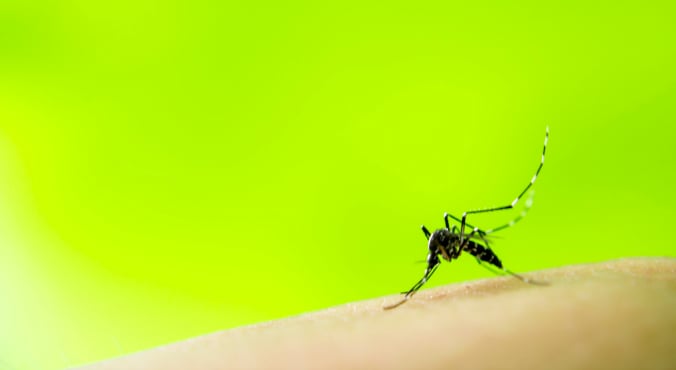
Image via iStock.
By Cameron Webb, University of Sydney
There’s always one in a crowd, a sort of harbinger of the oncoming mosquito onslaught: a person mosquitoes seem to target more than others. What is it about these unlucky chosen few that makes them mosquito magnets?
There are hundreds of mosquito species and they all have slightly different preferences when it comes to what or who they bite. But only females bite; they need a nutritional hit to develop eggs.
Finding someone to bite
Mosquitoes are stimulated by a number of factors when seeking out a blood meal. Initially, they’re attracted by the carbon dioxide we exhale. Body heat is probably important too, but once the mosquito gets closer, she will respond to the smell of a potential blood source’s skin.
Did a spider burrow across the stomach of an Australian tourist in Bali?
Studies have suggested blood type (particularly type O), pregnancy and beer drinking all make you marginally more attractive to mosquitoes. But most of this research uses only one mosquito species. Switch to another species and the results are likely to be different.
There are up to 400 chemical compounds on human skin that could play a role in attracting (and perhaps repulsing) mosquitoes. This smelly mix, produced by bacteria living on our skin and exuded in sweat, varies from person to person and is likely to explain why there is substantial variation in how many mozzies we attract. Genetics probably plays the biggest role in this, but a little of it may be down to diet or physiology.
